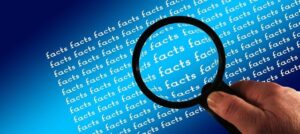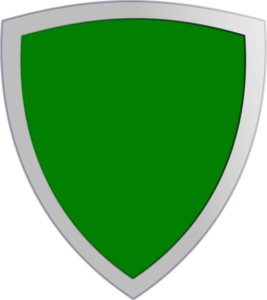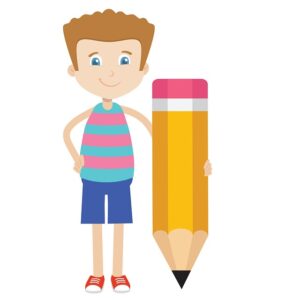Navigating Drug Safety Report Compliance: Translation Services for UK Regulatory Standards
Translation services for Drug Safety Reports UK are critical for pharmaceutical companies conducting business within the UK's stringent regulatory environment. These specialized translation services must navigate complex medical terminology and …….
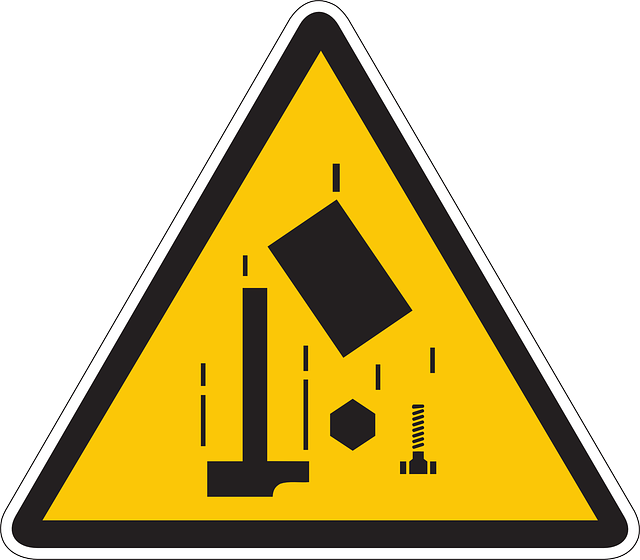
Translation services for Drug Safety Reports UK are critical for pharmaceutical companies conducting business within the UK's stringent regulatory environment. These specialized translation services must navigate complex medical terminology and ensure compliance with the Medicines and Healthcare products Regulatory Agency (MHRA) standards, as well as adhere to European Union directives. The precision of these translations is paramount, as any inaccuracies can lead to significant regulatory issues or pose risks to patient safety. Expert linguists with a deep understanding of both the source and target languages, along with subject matter expertise in pharmacovigilance, are essential to provide accurate and compliant translations. This ensures that all drug safety information is conveyed effectively, enabling UK regulators to make informed decisions swiftly and safeguarding public health.
Navigating the complex regulatory environment of drug safety reporting in the UK necessitates impeccable translation accuracy. As pharmaceutical companies expand their reach, ensuring that safety reports are accurately translated into English is not just a matter of compliance but a critical aspect of patient safety and regulatory trust. This article delves into the intricacies of translating drug safety reports for UK compliance, highlighting the essential role of expert translation services. We will explore the UK’s stringent regulatory requirements, the challenges of language barriers, and the strategic partnerships that can facilitate this process. By examining key considerations, leveraging cutting-edge technology, and integrating best practices into your workflow, your company can confidently manage multilingual safety reports to meet the high standards set forth by UK regulators. Join us as we unravel the threads of compliance and precision in translating drug safety reports for the UK market, ensuring that every report conveys its intended message without compromise.
- Understanding the Necessity of Accurate Translation for Drug Safety Reports in the UK
- Overview of UK Regulatory Requirements for Drug Safety Reporting
- The Role of Translation Services in Drug Safety Compliance
- Key Considerations When Translating Drug Safety Reports into English
- Identifying a Reliable Translation Service Provider for Pharmaceutical Documentation
- Common Challenges in Translating Drug Safety Reports and How to Overcome Them
- Ensuring Linguistic Accuracy: The Importance of Subject Matter Expertise in Translation
- Case Studies: Successful Translation of Drug Safety Reports for UK Compliance
- The Impact of Mistranslations on Drug Safety and Regulatory Approval Processes
- Best Practices for Translating and Localizing Pharmaceutical Safety Data in the UK Context
Understanding the Necessity of Accurate Translation for Drug Safety Reports in the UK
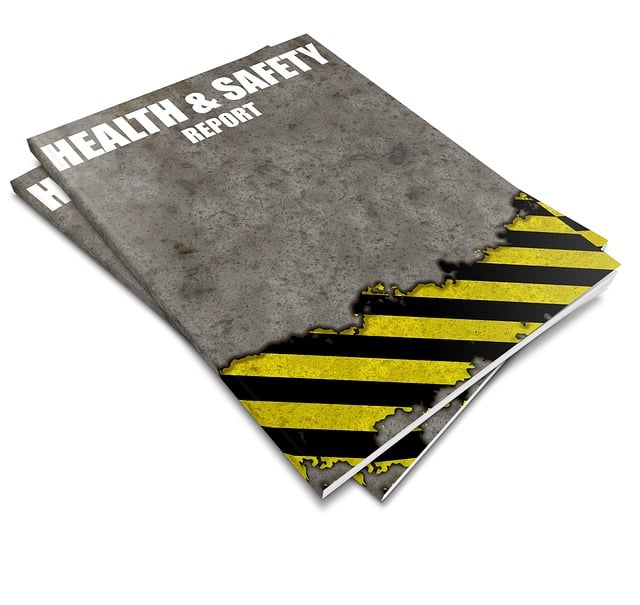
When pharmaceutical companies operate in multiple jurisdictions, including the United Kingdom, ensuring compliance with local regulations is paramount. Drug Safety Reports (DSRs) are critical documents that facilitate the ongoing monitoring of drug safety and risk management plans. To navigate the UK’s stringent regulatory environment, translation services for Drug Safety Reports into English, if originally in another language, become an essential aspect of compliance. The accuracy of these translations is not just a matter of semantics; it directly impacts patient safety and legal conformity. Any discrepancies or misunderstandings due to poor translation can lead to significant consequences, including delays in treatment availability and potential legal ramifications.
In the UK, the Medicines and Healthcare products Regulatory Agency (MHRA) is responsible for ensuring the safety of medicinal products. To comply with MHRA guidelines, it is imperative that DSRs are not only accurately translated but also convey the full context and nuances of the original reports. High-quality translation services for Drug Safety Reports UK must be adept at capturing both the scientific data and the regulatory language used in these documents. This requires a deep understanding of both the source and target languages, as well as knowledge of the pharmaceutical industry’s terminology and the regulatory framework within which DSRs operate. Companies that invest in reliable translation services can navigate the complexities of international drug safety with greater confidence and assurance of maintaining compliance with UK standards.
Overview of UK Regulatory Requirements for Drug Safety Reporting
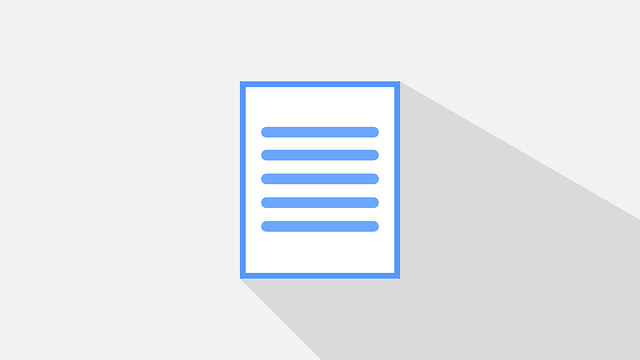
When ensuring compliance with the United Kingdom’s regulatory requirements for drug safety reporting, it is imperative to understand the intricacies of the UK’s legislation, which may differ from other regions. The UK’s Medicines and Healthcare products Regulatory Agency (MHRA) mandates that all safety reports related to medicinal products are accurately translated into English upon receipt by a marketing authorization holder. This translation process is crucial for the timely assessment of drug safety, as it ensures that the information is accessible to UK regulatory bodies and meets their stringent reporting standards. Translation services for Drug Safety Reports in the UK must not only be linguistically accurate but also technically proficient, capable of interpreting complex medical terminology and regulatory jargon specific to pharmacovigilance. The MHRA provides clear guidelines on the content, format, and timelines for reporting adverse drug reactions or any other significant safety information. Adherence to these guidelines is essential for maintaining compliance and protecting public health, emphasizing the importance of reliable translation services in this context. Companies must engage with translation services that have a track record of expertise in the pharmaceutical sector and an understanding of the regulatory framework within which drug safety reports operate in the UK. This guarantees not only compliance but also contributes to the overall quality and integrity of post-marketing safety surveillance for medicinal products in the UK market.
The Role of Translation Services in Drug Safety Compliance
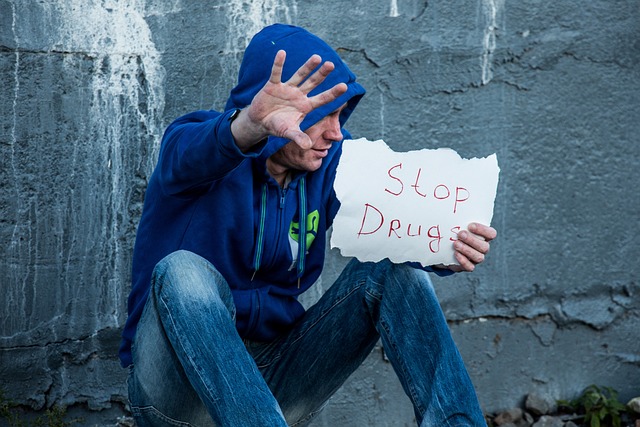
In the realm of pharmaceutical drug safety, compliance with regulatory standards is paramount to ensure patient safety and maintain public trust. For multinational companies operating within the United Kingdom, the translation of Drug Safety Reports (DSRs) from original languages into English becomes a critical step in this compliance process. Translation services for Drug Safety Reports UK play a pivotal role in this context, as they facilitate the accurate and timely communication of safety information across different linguistic barriers. These specialized services are equipped with expertise in both the technical language of drug safety and the nuances of regulatory requirements specific to the UK. This ensures that all safety-related information is not only translated but also adapted to conform with the Medicines and Healthcare products Regulatory Agency (MHRA) guidelines, thereby maintaining the integrity and relevance of the data. The reliability of these translations is crucial for pharmaceutical companies to comply with local regulations and to protect consumers from potential health risks associated with incorrect or incomplete translations of safety reports.
Furthermore, the selection of a translation service that specializes in drug safety compliance is essential for navigating the complexities of regulatory submission processes. Such services offer more than just language conversion; they provide a comprehensive understanding of both the scientific content and the legal framework within which pharmaceutical companies must operate. This dual expertise ensures that every aspect of the Drug Safety Reports meets UK standards, thereby reducing the risk of non-compliance and enabling companies to maintain a strong market presence in the UK. The use of professional translation services for Drug Safety Reports UK is not just a matter of following regulations but also a strategic move towards establishing and maintaining a reputation for safety and quality assurance in a global marketplace.
Key Considerations When Translating Drug Safety Reports into English

When translating Drug Safety Reports (DSRs) into English for compliance with UK regulations, precision and accuracy are paramount. The translation services tasked with this critical work must possess a deep understanding of both the source language and the nuanced terminology inherent in drug safety documentation. Key considerations include the use of specialized pharmaceutical lexicon, which may not have direct equivalents in English, necessitating expert knowledge to convey the same meaning accurately. Additionally, translators must be adept at interpreting complex data and statistical information present in these reports, ensuring that all numerical findings are accurately represented and that any trends or anomalies are clearly communicated. The translation should adhere to the Good Practice Guidelines for Translation and its associated documentation, which set out the standards for translating DSRs. This involves not only a linguistic expertise but also a grasp of the regulatory requirements specific to the UK Medicines and Healthcare products Regulatory Agency (MHRA). By ensuring the translation is both technically sound and compliant with local regulations, these services play a crucial role in facilitating the safe use of medicinal products across different regions.
Identifying a Reliable Translation Service Provider for Pharmaceutical Documentation
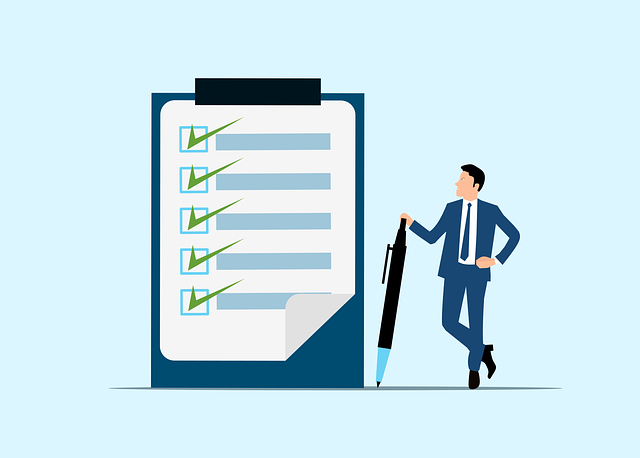
When pharmaceutical companies aim to ensure their drug safety reports comply with UK regulations, partnering with a reliable translation service provider is paramount. The translation of such critical documents necessitates not just linguistic accuracy but also an understanding of regulatory nuances and the specific requirements of the Medicines and Healthcare products Regulatory Agency (MHRA). A competent translation service for drug safety reports UK should have a proven track record in the pharmaceutical sector, offering translations that align with both Good Documentation Practice (GDP) and local regulatory expectations. It is crucial to select a provider with native-speaking experts who specialize in the technical language of drug safety and are well-versed in the intricacies of UK legislation to ensure that all translated content is accurate, relevant, and upholds the integrity of the original document.
In the quest for compliance, companies must assess potential translation service providers carefully. A provider that excels in this field will offer services tailored to the pharmaceutical industry, ensuring that drug safety reports are not only translated but also reviewed by subject matter experts. These experts verify the content’s scientific accuracy and regulatory compliance. Additionally, a reputable service will provide certifications or declarations of conformity, attesting to the quality and reliability of their translations. This due diligence is essential for maintaining trust in your product’s safety profile and ensuring that your drug safety reports meet all necessary UK compliance requirements.
Common Challenges in Translating Drug Safety Reports and How to Overcome Them
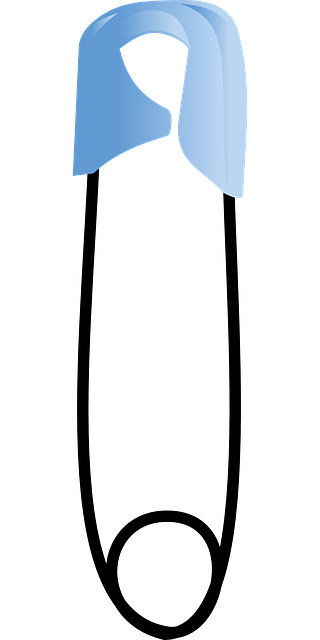
When translating Drug Safety Reports (DSRs) for compliance with UK regulations, organizations often encounter significant challenges that can impact the accuracy and reliability of the translated content. One common hurdle is the presence of technical terminology specific to pharmacovigilance, which may not have direct equivalents in English. This linguistic complexity necessitates the use of specialized translation services for Drug Safety Reports UK that employ translators with expertise in both medicine and language. To ensure precision, these services should utilize a combination of human proficiency and advanced translation technology. Another challenge is maintaining consistency across different reports and batches, which is crucial for regulatory bodies to assess drug safety effectively. To overcome this, it is essential to establish clear guidelines and protocols that govern the translation process, including the use of terminology databases and glossaries specific to the pharmaceutical industry. Moreover, the idiomatic nuances and cultural context present in the original reports must be carefully considered to avoid misinterpretation. Translation services for Drug Safety Reports UK that are well-versed in both the source and target languages, as well as the regulatory environment, can provide accurate translations that meet the stringent requirements of UK compliance. By leveraging these specialized services, organizations can ensure that their DSRs are not only accurately translated but also convey the necessary safety information effectively to the relevant authorities, thereby safeguarding patient safety and upholding regulatory standards.
Ensuring Linguistic Accuracy: The Importance of Subject Matter Expertise in Translation

When navigating the complexities of drug safety reporting, linguistic accuracy is paramount, especially within the regulatory framework of the UK. Translation services for Drug Safety Reports UK must go beyond mere word-for-word conversion; they require a deep understanding of both the source and target languages as well as the intricate details specific to pharmaceutical safety. Subject Matter Experts (SMEs) with expertise in drug safety play a crucial role in this process. Their involvement ensures that the nuances of clinical terminology, regulatory jargon, and critical data are accurately conveyed. This is essential because slight misinterpretations or omissions can lead to significant compliance issues or even patient harm. Therefore, when selecting a translation service for Drug Safety Reports UK, it is imperative to choose providers with access to SMEs who not only excel in linguistic capabilities but also have a strong grasp of the drug safety domain’s regulatory standards and expectations. This dual expertise ensures that translations are not only grammatically correct but also reflective of the original report’s intent, thereby upholding the integrity and reliability of the data for UK compliance purposes.
Case Studies: Successful Translation of Drug Safety Reports for UK Compliance
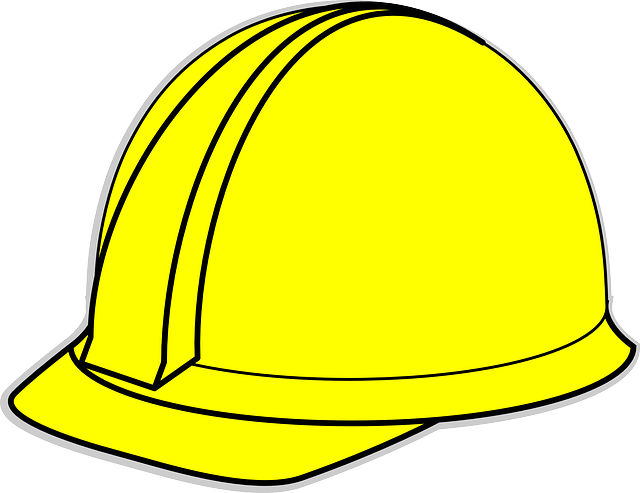
Pharmaceutical companies operating in the UK must ensure that their Drug Safety Reports (DSRs) comply with local regulations, which include precise translations of these reports. A prime example of successful translation for UK compliance is a multinational pharmaceutical corporation that faced the challenge of adapting its DSRs from Japanese to English. Utilizing specialized translation services for Drug Safety Reports UK, the company employed native linguists with expertise in drug safety terminology and regulatory knowledge. This approach ensured that the translated reports accurately reflected the original data while meeting the stringent requirements set forth by the Medicines and Healthcare products Regulatory Agency (MHRA). Another case study involves a biotech firm that had to translate DSRs from Spanish to English for a new oncology drug. The translation services for Drug Safety Reports UK provided by the company were instrumental in navigating the complexities of scientific terminology and regulatory jargon, thereby enabling the firm to successfully register the drug in the UK market. These instances highlight the critical role of professional translation services in bridging language barriers and facilitating compliance with regional pharmaceutical regulations.
The Impact of Mistranslations on Drug Safety and Regulatory Approval Processes

In the intricate domain of drug safety, the accuracy of translations from original documentation to compliance-specific reports is paramount. The UK’s stringent regulatory framework necessitates precise translations of drug safety reports to ensure that all critical data and safety information are conveyed accurately. Mistranslations can lead to significant repercussions, from delays in regulatory approval processes to potential patient harm due to misinterpreted safety signals or adverse event reporting. The stakes are particularly high given the complexities of pharmacovigilance; a mere oversight or miscommunication in the translation process can result in non-compliance with UK regulations, thereby jeopardizing the timely introduction of life-saving medications to the market. Consequently, leveraging specialized translation services for Drug Safety Reports tailored to UK compliance is essential for pharmaceutical companies seeking to navigate this complex landscape successfully. These services ensure that all nuances of language are accounted for, thereby minimizing the risk of miscommunication and facilitating a smoother path through the regulatory hurdles.
Best Practices for Translating and Localizing Pharmaceutical Safety Data in the UK Context
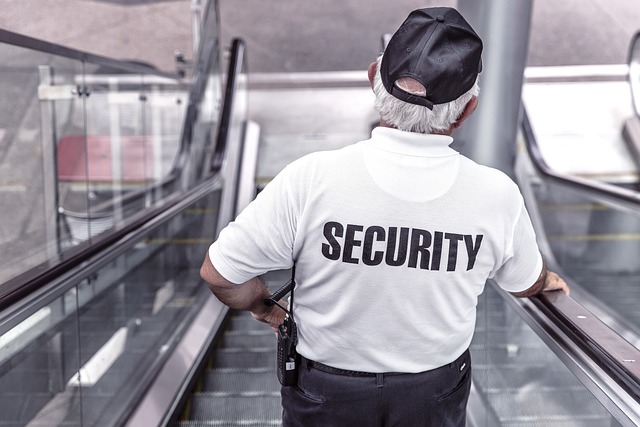
When translating and localizing pharmaceutical safety data for compliance with UK regulations, it is imperative to engage with specialized translation services that are well-versed in Drug Safety Reports (DSRs) for the UK context. These services must possess a deep understanding of both the source and target languages as well as the specific terminology used within the pharmaceutical industry. The translation process should not be viewed as a mere linguistic swap but as a comprehensive adaptation that respects the nuances of regulatory requirements and cultural differences.
To ensure accuracy, translators must adhere to stringent quality assurance protocols. This includes utilizing qualified experts who are familiar with the Medicines and Healthcare products Regulatory Agency (MHRA) guidelines and the relevant EU directives that impact DSRs in the UK. Furthermore, the chosen translation services should implement robust validation procedures to guarantee that all safety data is accurately conveyed, maintaining the integrity and legibility of the original content. This level of precision is critical to facilitate timely and effective decision-making by regulatory authorities and to safeguard patient safety across the UK market.
In conclusion, navigating the complex landscape of drug safety reporting in the UK hinges on the accuracy and reliability of translation services for Drug Safety Reports UK. A thorough understanding of UK regulatory requirements is non-negotiable, and this is best achieved through translations that are not only linguistically precise but also contextually appropriate. The role of specialized translation providers, well-versed in pharmaceutical terminology and compliance nuances, cannot be overstated. Their expertise ensures that drug safety reports align with UK standards, mitigating the risks associated with mistranslations that could jeopardize patient safety and regulatory approval. Embracing best practices for translation and localization, companies can confidently bridge linguistic barriers, thereby facilitating safe and effective medication access within the UK market. It is through such meticulous and specialized efforts that the integrity of drug safety reporting is upheld globally.


